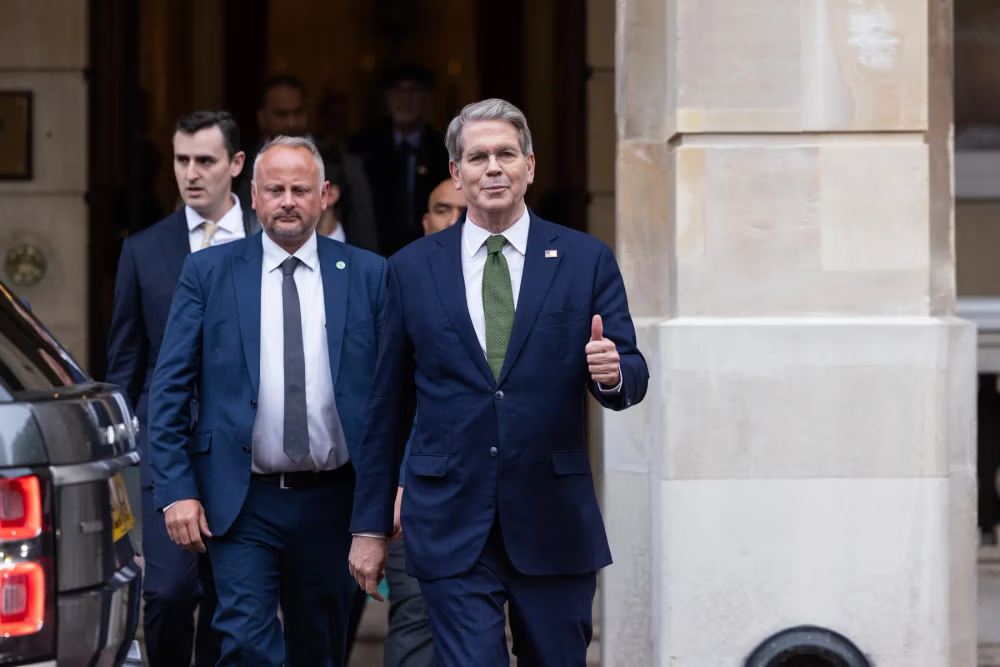High-ranking officials from the United States and China are engaged in crucial trade negotiations in London this week, focusing on resolving disputes that have unsettled global markets and disrupted essential supply chains. Initiated on Monday at the historic Lancaster House, the discussions are expected to extend into Tuesday as both nations strive to find common ground on pivotal issues, including export controls, rare earth minerals, and access to technology.
Emphasis on Rare Earths and Technology
A key subject in these discussions is China’s export limitations on rare earth elements—crucial materials for industries from electric vehicles to aerospace and defense. In response, the United States has imposed restrictions on high-tech exports to China. Both countries face pressure to ease these controls, as they jeopardize further shocks to global supply chains and hinder economic growth.
China holds a near-monopoly over rare earth magnets, which are essential for electric vehicle motors and advanced electronics. The US delegation, comprising Treasury Secretary Scott Bessent, Commerce Secretary Howard Lutnick, and Trade Representative Jamieson Greer, is seeking assurances that China will relax its export restrictions. Vice Premier He Lifeng leads the Chinese delegation.
Tensions and a Fragile Truce
These negotiations follow a preliminary agreement reached in Geneva last month, which provides a temporary 90-day pause on many tariffs imposed during the height of the trade conflict. However, both parties have since accused one another of failing to fully uphold the agreement, especially concerning the trade of rare earths and advanced semiconductors.
A recent phone call between U.S. President Donald Trump and Chinese President Xi Jinping sparked renewed talks. Trump characterized the conversation as “very positive,” while Chinese officials reiterated their call for the US to retract specific trade measures.
Economic Ramifications and Regional Significance
The implications are significant: China’s exports to the US fell by 34.5% in May, marking the steepest decline since the onset of the COVID-19 pandemic and highlighting the extensive economic repercussions of the ongoing dispute. Investors and businesses in Dubai and throughout the Middle East are closely monitoring developments, as both the US and China are the region’s principal trading partners.
Moving Forward
Officials from both nations have expressed cautious optimism towards reaching a “handshake” agreement that could set the stage for more thorough solutions. The discussions are expected to proceed on Tuesday, with updates from both delegations anticipated as they work to stabilize global trade and supply chains.
The UK government, which is hosting the negotiations, has reaffirmed its commitment to free trade and welcomed the dialogue, stressing that a trade war serves no one’s interests. As talks advance, the global community watches keenly for signs of progress that could restore confidence and stability to international commerce.






